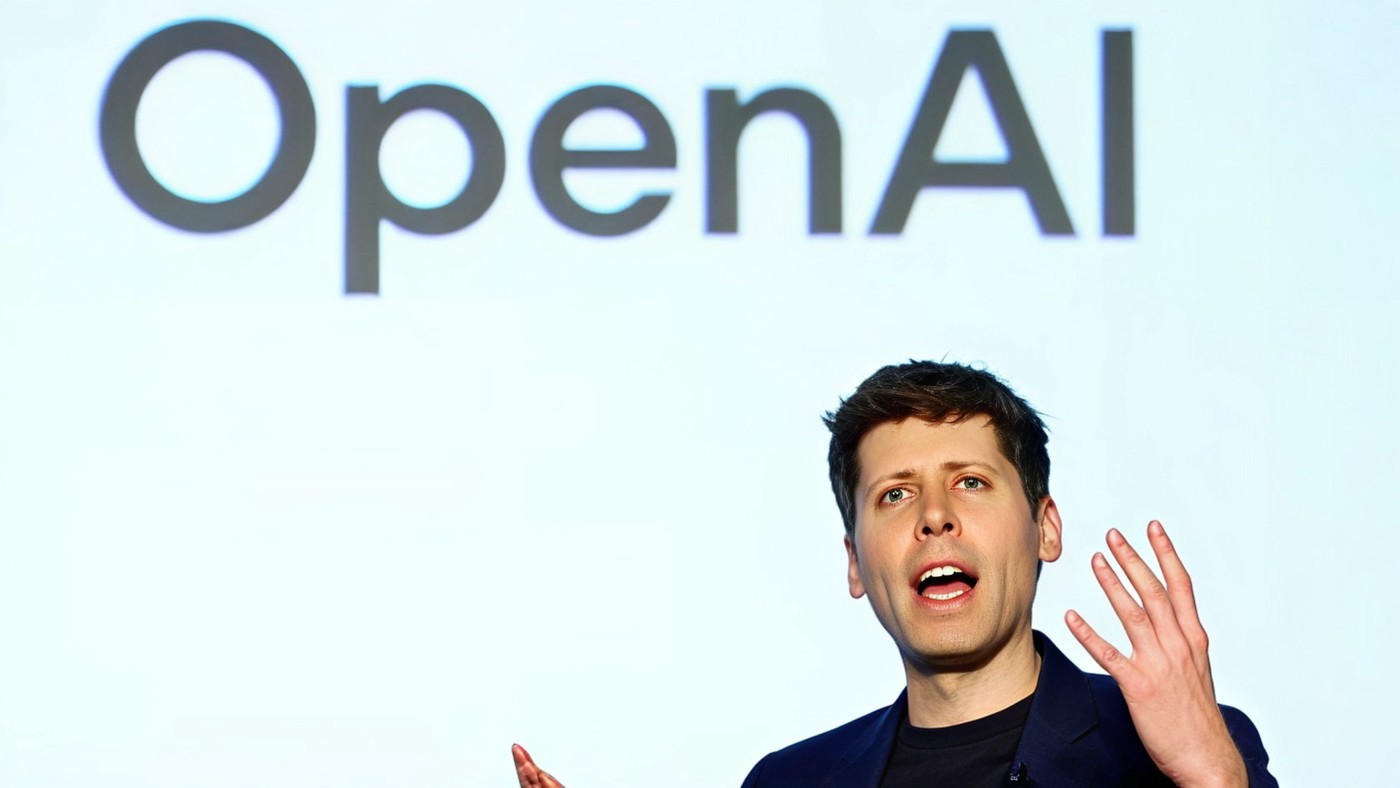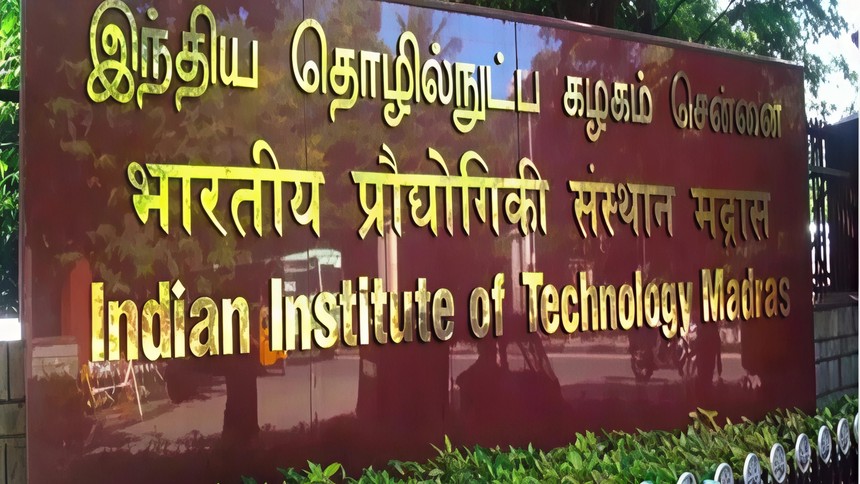OpenAI CEO Sam Altman has publicly addressed speculation about the company’s reliance on government support. In a detailed post on X, Altman made it clear that OpenAI does not seek or rely on government guarantees for its datacenters. Instead, he reinforced the company’s commitment to building its own AI infrastructure and scaling its services based on global demand.
Altman stated that governments should not “pick winners or losers” in the private sector. “Taxpayers should not bail out companies that make bad business decisions,” he said, underlining that competition and innovation should drive the AI market.
I would like to clarify a few things.
— Sam Altman (@sama) November 6, 2025
First, the obvious one: we do not have or want government guarantees for OpenAI datacenters. We believe that governments should not pick winners or losers, and that taxpayers should not bail out companies that make bad business decisions or…
Governments Can Build Their Own Infrastructure
While rejecting government backing for private companies, Altman said governments could play a vital role in developing their own AI infrastructure. He suggested that governments might invest in or own datacenters for strategic or public interest purposes, potentially benefiting from lower capital costs.
Such an approach, he added, would help nations secure access to computing power without distorting the private market. “We can imagine a world where governments offtake a lot of computing power and get to decide how to use it,” Altman said, framing it as a way to align AI development with national goals.
Focus on Chips and Supply Chains
Altman did, however, acknowledge that semiconductor manufacturing could warrant government involvement. He pointed out that OpenAI has discussed the idea of loan guarantees with the U.S. government—not for OpenAI’s own datacenters, but to strengthen the domestic chip supply chain.
“This is different from governments guaranteeing private-benefit datacenter buildouts,” Altman clarified. “We want to see strong semiconductor production capacity that benefits the whole ecosystem.”
OpenAI views this as part of a larger strategy to support industrial growth, create high-skilled jobs, and maintain an independent chip manufacturing base in the U.S.
Scaling OpenAI’s AI Cloud
Altman revealed that OpenAI plans to scale its computing infrastructure massively over the coming years. The company expects to surpass $20 billion in annual revenue this year and has outlined roughly $1.4 trillion in investment commitments over the next eight years.
A large portion of that spending will go toward expanding datacenters and AI infrastructure to support the company’s growing AI Cloud business. Altman said OpenAI will offer computing capacity directly to other companies, anticipating a “massive surge” in global demand for AI compute.
The company is also exploring new revenue streams from enterprise products, consumer devices, robotics, and AI-powered scientific research. “The risk of not having enough computing power is greater than the risk of overbuilding,” Altman said, explaining why OpenAI is investing so heavily upfront.
Rejecting the “Too Big to Fail” Label
Altman dismissed the idea that OpenAI is seeking to become “too big to fail.” He said the company is accountable to the market and that if it cannot deliver value, it should fail like any other business.
“If we screw up and can’t fix it, we should fail. That’s how capitalism works,” he said. “We want to be a successful company, but no government should act as an insurer for private ventures.”
Altman clarified that while governments should build strong AI strategies to protect against risks like cyberattacks or misuse, they should not subsidize private operations.
Investing for an AI-Driven Future
Addressing why OpenAI is investing heavily now, Altman said large-scale infrastructure projects require time to complete. “The risk to OpenAI of not having enough computing power is more significant and more likely than the risk of having too much,” he wrote.
He explained that OpenAI currently rate-limits some of its products due to compute constraints. The goal is to build enough infrastructure today to support transformative AI applications in science, healthcare, and education tomorrow.
Altman concluded by reaffirming OpenAI’s vision: a world with abundant, affordable, and accessible AI. “We expect massive demand for this technology, and for it to improve people’s lives in many ways,” he said. The company’s mission remains focused on scaling AI responsibly while letting the market—not policy—define its success.
Follow Tech Moves on Instagram and Tech Moves on Facebook for more updates on AI, innovation, and technology breakthroughs around the world.














